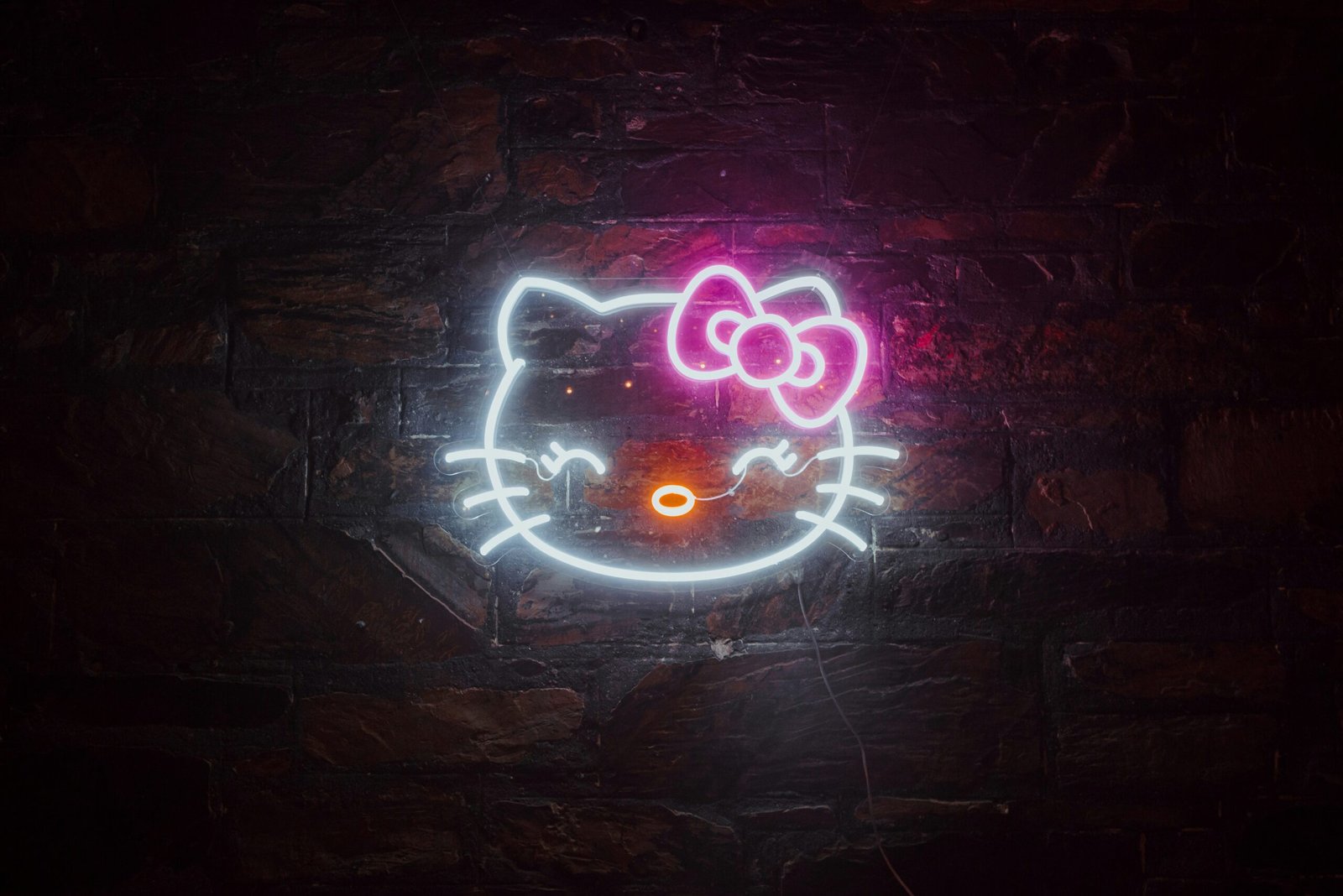
Origins of “Literally I can’t”
The phrase “Literally I can’t” first gained popularity in 2014 through various social media platforms. It quickly became a viral sensation and was widely used in memes, tweets, and online discussions. The origins of this phrase can be traced back to the rise of internet culture and the emergence of new forms of communication.
As internet culture evolved, so did the way people expressed themselves online. Memes, which are humorous images, videos, or text that are shared and spread rapidly on the internet, played a significant role in popularizing the phrase “Literally I can’t.” Memes allowed individuals to express their emotions and opinions in a concise and relatable way, making the phrase easily shareable and relatable to a wide audience.
Usage in Popular Culture
The phrase “Literally I can’t” quickly made its way into popular culture and became a staple in everyday conversations. It was used not only online but also in face-to-face interactions, television shows, movies, and even advertisements.
One of the reasons for its widespread usage is its versatility. The phrase can be used to express a range of emotions, from frustration and disbelief to amusement and astonishment. Its simplicity and catchiness made it a go-to expression for many people, regardless of their age or background.
In addition to its usage in everyday conversations, “Literally I can’t” also found its way into the lexicon of various subcultures. It became a part of the vocabulary of internet communities, where it was used to convey a sense of shared understanding and camaraderie. It also became a popular catchphrase among celebrities and influencers, further solidifying its place in popular culture.
Impact on Language and Communication
The phrase “Literally I can’t” has had a significant impact on language and communication. It has not only become a widely recognized expression but has also influenced the way people communicate and express themselves.
One of the notable effects of this phrase is its contribution to the evolution of slang and informal language. It has become a part of the vernacular, particularly among younger generations, and has shaped the way they communicate both online and offline. The phrase has also influenced the use of exaggerated language for emphasis, with individuals using “literally” to emphasize their inability to comprehend or believe something.
Furthermore, the popularity of “Literally I can’t” has highlighted the power of memes and internet culture in shaping language and communication. Memes have become a significant vehicle for spreading ideas, expressions, and even influencing mainstream culture. The phrase’s widespread usage demonstrates how the internet has transformed the way we communicate and how language evolves in the digital age.
In conclusion, the phrase “Literally I can’t” has had a remarkable journey from its origins in internet culture to its widespread usage in popular culture. Its impact on language and communication is undeniable, as it has become a recognizable expression and has influenced the way people communicate both online and offline. As the digital landscape continues to evolve, it will be interesting to see how phrases like “Literally I can’t” shape future language trends and expressions.
Usage in Popular Culture
The phrase “Literally I can’t” quickly made its way into popular culture and became a staple in everyday conversations. It was used not only online but also in face-to-face interactions, television shows, movies, and even advertisements.
One of the reasons for its widespread usage is its versatility. The phrase can be used to express a range of emotions, from frustration and disbelief to amusement and astonishment. Its simplicity and catchiness made it a go-to expression for many people, regardless of their age or background.
In addition to its usage in everyday conversations, “Literally I can’t” also found its way into the lexicon of various subcultures. It became a part of the vocabulary of internet communities, where it was used to convey a sense of shared understanding and camaraderie. It also became a popular catchphrase among celebrities and influencers, further solidifying its place in popular culture.
Impact on Language and Communication
The phrase “Literally I can’t” has had a significant impact on language and communication. It has not only become a widely recognized expression but has also influenced the way people communicate and express themselves.
One of the notable effects of this phrase is its contribution to the evolution of slang and informal language. It has become a part of the vernacular, particularly among younger generations, and has shaped the way they communicate both online and offline. The phrase has also influenced the use of exaggerated language for emphasis, with individuals using “literally” to emphasize their inability to comprehend or believe something.
Furthermore, the popularity of “Literally I can’t” has highlighted the power of memes and internet culture in shaping language and communication. Memes have become a significant vehicle for spreading ideas, expressions, and even influencing mainstream culture. The phrase’s widespread usage demonstrates how the internet has transformed the way we communicate and how language evolves in the digital age.
In conclusion, the phrase “Literally I can’t” has had a remarkable journey from its origins in internet culture to its widespread usage in popular culture. Its impact on language and communication is undeniable, as it has become a recognizable expression and has influenced the way people communicate both online and offline. As the digital landscape continues to evolve, it will be interesting to see how phrases like “Literally I can’t” shape future language trends and expressions.
The Origins of “Literally I Can’t”
The phrase “literally I can’t” first gained traction in 2014, primarily through social media platforms like Twitter and Tumblr. It quickly became a popular way to convey strong emotions and reactions to various situations. However, it is important to note that the phrase itself is a colloquialism and not meant to be taken literally.
The use of the word “literally” in this context is actually an example of hyperbole, which is a figure of speech that exaggerates for emphasis. By saying “literally I can’t,” the speaker is emphasizing their inability to handle or understand a particular situation. It is a way to express frustration or disbelief in a more dramatic manner.
The popularity of the phrase can be attributed to several factors. Firstly, social media platforms provide a space for individuals to express themselves freely and creatively. The brevity of platforms like Twitter and the ability to quickly share content make them ideal for the dissemination of catchy phrases and trends. “Literally I can’t” caught on because it effectively captured the intensity of emotions that people often experience in their daily lives.
Additionally, the phrase resonated with many because it provided a way to express frustration or disbelief in a lighthearted and humorous manner. It became a way for people to bond over shared experiences and to find humor in challenging situations. The phrase also gained popularity due to its versatility – it could be used in a wide range of contexts, from expressing annoyance at a trivial inconvenience to expressing disbelief at a shocking news event.
As with many trends, the use of “literally I can’t” eventually began to wane as new phrases and expressions emerged. However, its impact on popular culture and language cannot be denied. It serves as a reminder of the ever-evolving nature of language and the power of social media in shaping linguistic trends.
Usage in Popular Culture
After its initial rise on social media, the phrase “literally I can’t” quickly made its way into popular culture. It began appearing in memes, gifs, and even in everyday conversations. Celebrities and influencers also started using the phrase, further popularizing it and making it a part of mainstream language.
One of the reasons for the phrase’s popularity is its versatility. It can be used in a wide range of situations to express various emotions. Whether someone is overwhelmed, shocked, or simply unable to comprehend something, “literally I can’t” can serve as a quick and relatable response.
Additionally, the phrase has been embraced by internet culture, where it is often used humorously or ironically. It has become a way for people to connect and share their experiences, as well as a means of expressing solidarity or empathy.
Furthermore, “literally I can’t” has found its way into various forms of entertainment. It has been incorporated into television shows, movies, and even song lyrics. The phrase has become a catchphrase in its own right, instantly recognizable and capable of eliciting laughter or a sense of shared understanding.
Moreover, “literally I can’t” has also made its mark in the fashion industry. It has been printed on t-shirts, hoodies, and accessories, allowing people to wear their favorite phrase and showcase their sense of humor or cultural awareness. The phrase has become a form of self-expression, a way for individuals to communicate their personality and interests.
Additionally, “literally I can’t” has sparked countless parodies and remixes. People have created remixes of popular songs, replacing certain lyrics with the phrase for comedic effect. These parodies have gained widespread attention and have been shared across social media platforms, further solidifying the phrase’s place in popular culture.
Overall, “literally I can’t” has transcended its origins on social media and has become a cultural phenomenon. Its widespread usage in popular culture, its versatility in expressing emotions, and its incorporation into various forms of entertainment have all contributed to its enduring popularity. Whether you love it or find it overused, there’s no denying the impact that “literally I can’t” has had on our language and society.
The impact of phrases like “literally I can’t” on language and communication extends beyond just the blurring of literal and figurative language. These phrases have also influenced the way people express themselves and interact with others in both online and offline settings.
In the realm of social media and digital communication, brevity and quick responses are highly valued. Phrases like “literally I can’t” provide a concise and relatable way to convey emotions or reactions. They have become a part of the internet’s lexicon and are often used in memes, comments, and social media posts. This trend towards concise expression has also seeped into offline conversations, where phrases like “literally I can’t” are used to convey a sense of frustration or disbelief in a succinct manner.
However, it is important to exercise caution when using such phrases. While they may be appropriate in certain informal or casual settings, they may not be suitable for more formal or professional contexts. It is essential to consider the audience and the context before using phrases like “literally I can’t” to ensure effective communication.
Moreover, the rise of these phrases reflects the ever-changing nature of language. Language evolves and adapts to reflect the cultural and social changes of a particular time period. Phrases like “literally I can’t” are just one example of how language is shaped by the society in which it is used. They become a part of the collective vocabulary, reflecting the attitudes, values, and experiences of a generation.
In conclusion, the impact of phrases like “literally I can’t” on language and communication is multifaceted. They challenge traditional notions of language, provide a concise way to express oneself, and reflect the cultural and social changes of a particular time period. However, it is crucial to use these phrases with caution and consider the audience and context in which they are being used. The evolution of language is a dynamic process, and phrases like “literally I can’t” are just one manifestation of this ongoing evolution.




